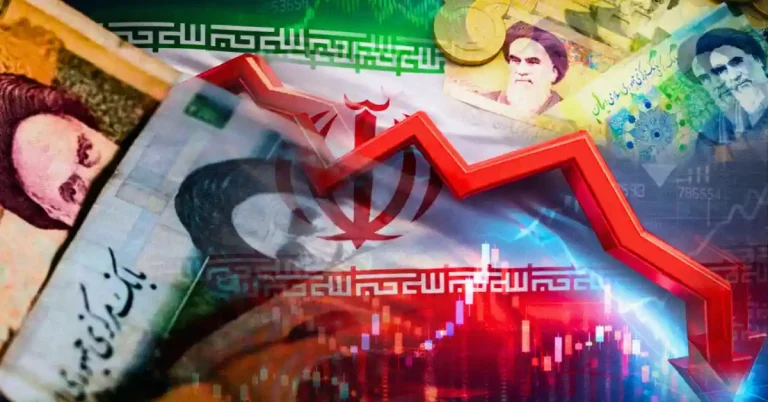
Cultural Appropriation vs. Appreciation: Navigating Modern Society’s Complexities
Takeaways: This article explores the fine line between cultural appropriation and appreciation, emphasizing the importance of understanding and respecting cultural differences. It provides insights into how individuals can engage with other cultures in a meaningful and respectful way, ensuring that their actions contribute positively to the global community.
Cultural appropriation and appreciation are terms that have gained significant traction in discussions about cultural identity and ethics in modern society. As our world becomes increasingly interconnected, the way we interact with different cultures has become more complex. Understanding the distinction between appropriation and appreciation is crucial for fostering respect and sensitivity in our global community.
Understanding Cultural Appropriation

The impact of cultural appropriation can be profound. It can perpetuate stereotypes, commodify sacred traditions, and contribute to the erasure of the culture being appropriated. For instance, when fashion designers use indigenous patterns without acknowledgment or compensation, it can result in the exploitation of those cultures while simultaneously denying them the recognition they deserve.
Moreover, cultural appropriation can lead to feelings of alienation and resentment among members of the appropriated culture. When their heritage is treated as a trend, it diminishes the historical and social significance attached to it. This is why understanding the context and history behind cultural practices is vital before engaging with them.
Exploring Cultural Appreciation

For example, attending a traditional dance performance, participating in a cultural festival, or even learning a new language can be forms of cultural appreciation. In these instances, individuals approach the culture with an open mind and a genuine desire to learn, often building relationships with members of that culture along the way.
Furthermore, cultural appreciation encourages collaboration and exchange. It allows for the sharing of ideas, art, and traditions in a way that fosters understanding and respect. This exchange can lead to innovative cultural expressions that honor both the original culture and the new context in which they are placed.
Finding the Balance

Moreover, it is essential to recognize the power dynamics at play. Those from dominant cultures should be particularly cautious about how they engage with marginalized cultures. Listening to voices from those communities, seeking permission when appropriate, and understanding the historical context can help navigate this complex landscape.
In addition, education plays a crucial role in fostering cultural sensitivity. By learning about different cultures, their histories, and the challenges they face, individuals can become more informed participants in cultural exchanges. This awareness can help dismantle stereotypes and promote a deeper understanding of the diverse world we live in.
Conclusion








